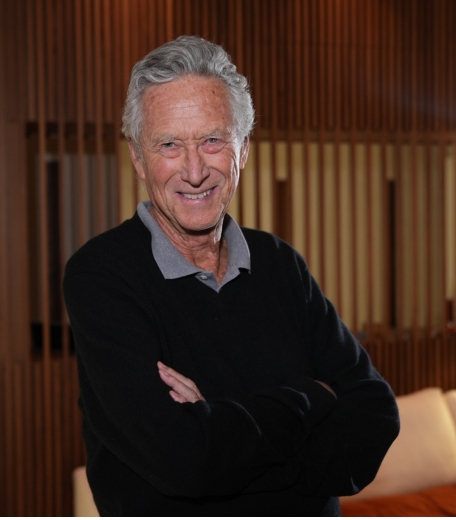BIO
Olivier Blanchard (Amiens, France, 1948) earned his PhD in Economics at the Massachusetts Institute of Technology (MIT) in 1977. After occupying faculty positions at Harvard University, in 1983 he returned to MIT, where he has spent most of his career, serving as chair of the Economics Department from 1998 to 2003. He was head of the International Monetary Fund’s research department between 2008 and 2015. Robert M. Solow Professor of Economics at MIT since 2014, he is also the Fred Bergsten Senior Fellow at the Peterson Institute for International Economics. He currently combines these appointments with a professorship at the Paris School of Economics. Blanchard is a member of several associations including the Econometric Society and the American Academy of Arts and Sciences, and has also served on the economic advisors panel of the U.S. Congressional Budget Office. He has published more than 150 articles in academic journals and has authored or co-authored several books on macroeconomics.
CONTRIBUTION
Olivier Blanchard is one of the researchers with the greatest impact on macroeconomics in the last four decades. Both in terms of theoretical foundations and applied work, and from his academic contributions as well as in terms of influence on public policy.
Blanchard participated in establishing the foundations of the so-called New Keynesian Economics, which is now the basic framework for macroeconomic policy analysis. His study of the effects of monetary policy under conditions of monopolistic competition, together with Nobihuro Kiyotaki, is one of the pillars of this school of thought. Moreover, his treatment of nominal and real wage rigidities and their implications for unemployment is the main reference for the analysis of the effects of macroeconomic policies and the causes of unemployment within the class of Stochastic Dynamic General Equilibrium Models.
Years after laying the foundations for these models he used them in a practical way, when between 2008 and 2016 he was heading the IMF think tank, and had to provide technical analysis to public policy makers and central bank presidents around the world, in the midst of a major financial and debt crisis.


